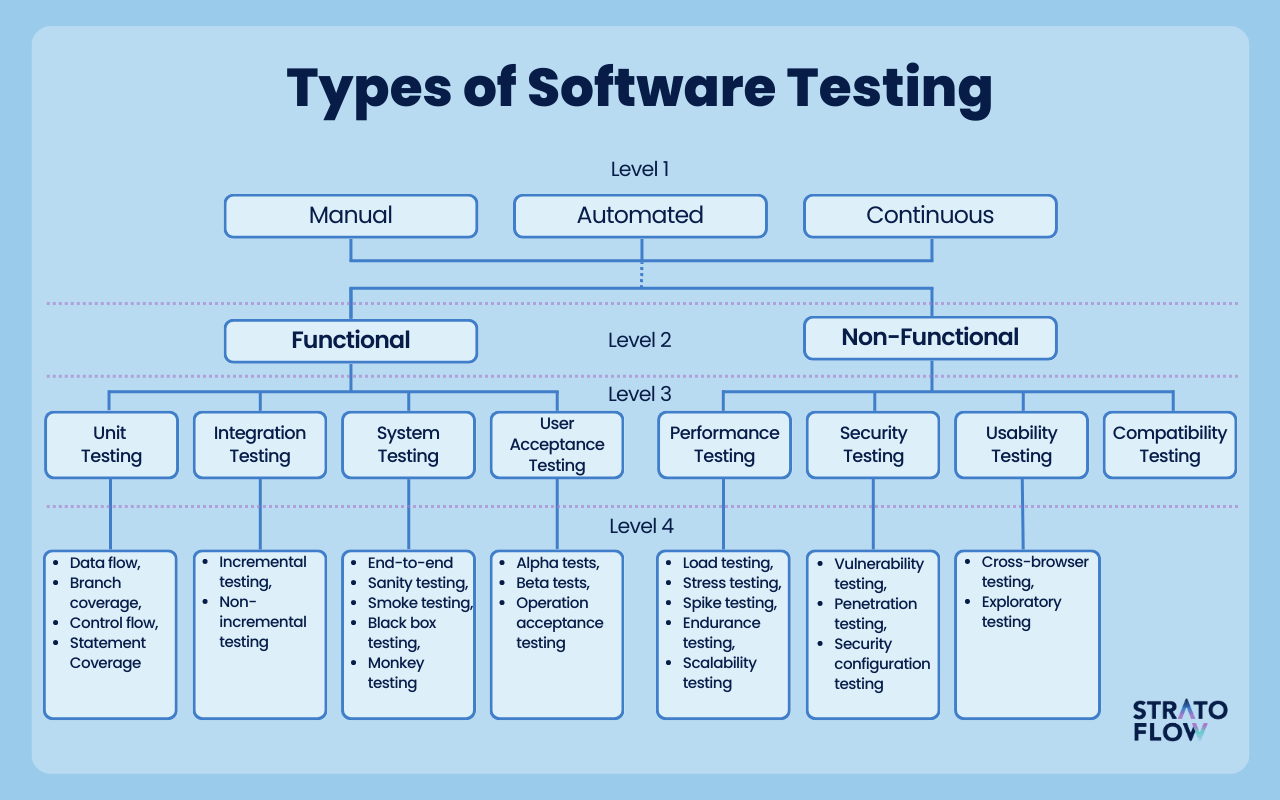- Feedback from calling Rust from Python
-
I got plenty of feedback on my post about Calling Rust from Python:
Many comments mentioned pyo3, and I should use it instead of cooking my own. Thanks to the authors, I checked: in this post, I explain what it is and how I migrated my code.
- Simplifying Code: migrating from Reactive to Virtual Threads
-
The only benefit of using a complex hard-to-read API is performance, i.e., the full usage of CPUs. Quarkus seems to make it a breeze to move from using the Reactive paradigm and API to virtual threads. Prediction: virtual threads will soon replace reactive on Quarkus.
- The four horsemen of a dying career (and the shields that protect you)
-
I generally avoid posting career advices and motivational posts, because they are either too specific to apply to a large crowd or too broad to be actionable. I believe this specific post strikes a good balance.
- Apache Fory™ Graduates to Top-Level Apache Project
-
Apache Fory is a blazingly-fast multi-language serialization framework that revolutionizes data exchange between systems and languages. By leveraging JIT compilation and zero-copy techniques, Fory delivers up to 170x faster performance compared to other serialization frameworkds while being extremely easy to use.
- Note from Teemu, Tim, and Torin to the Open Policy Agent community
-
I hope the honeymoon lasts forever. The fate of OpenSource projects being "bought" by big corps is not a great one in general. Politics rule there.
- Understanding Perses: Open Standards for Observability Dashboarding in CNCF
-
- A Better Vocabulary for Testing
-
I’ll be honest: the front diagram is what got me interested in the post. Yet, I had a hard time digesting the content–I’m still not sure I got it right actually.

Most articles list a couple of testing. I listed many more, but it’s the first time I came upon a typology tree.
- The Hidden Forces Shaping Our Systems: Cognitive Biases in Software Development
-
- Sunk Cost Bias: When Your Code Holds You Hostage
- Survivorship Bias: Why Success Stories Lie
- Confirmation Bias: Our Personal Echo Chambers
- Hindsight Bias: Monday Morning Quarterbacking
- Egocentric Bias: The Skewed First-Person Perspective
The more experience I have, the more I think it’s much more useful to influence organizations or people than to design software systems. It’s much harder, though.
- How to Name Your Spans
-
Naming is one of the two hardest things in computer science. The post offers a simple naming scheme that works in most of situations.
- Microsoft Admits: US Law Supersedes Canadian Sovereignty
-
In case you missed it, a Microsoft representative in France admitted the truth. The US Cloud Act supersedes any privacy law in Europe or elsewhere, regardless where the data is stored. The US government can access your private data anywhere on the planet if you’re using an US cloud provider.
If at this point, you didn’t question your cloud policy, you don’t care about data privacy.
- Architectural Patterns, The Pattern Language of SoftwareArchitecture
-
- Basic Metapatterns
- Monolith
- Shards
- Layers
- Services
- Pipeline
- Extension Metapatterns
- Middleware
- Shared Repository
- Proxy
- Orchestrator
- Combined Component
- Fragmented Metapatterns
- Layered Services
- Polyglot Persistence
- Backends for Frontends (BFF)
- Service-Oriented Architecture (SOA)
- Hierarchy
- Implementation Metapatterns
- Plugins
- Hexagonal Architecture
- Microkernel
- Mesh
Consider supporting the authors on Leanpub.
- Basic Metapatterns
- Typosquatting a package? How about typosquatting the whole registry!
-
Hackers are finding new ways to hack into your information system all the time. This one hack is a novel way to penetrate your supply chain.